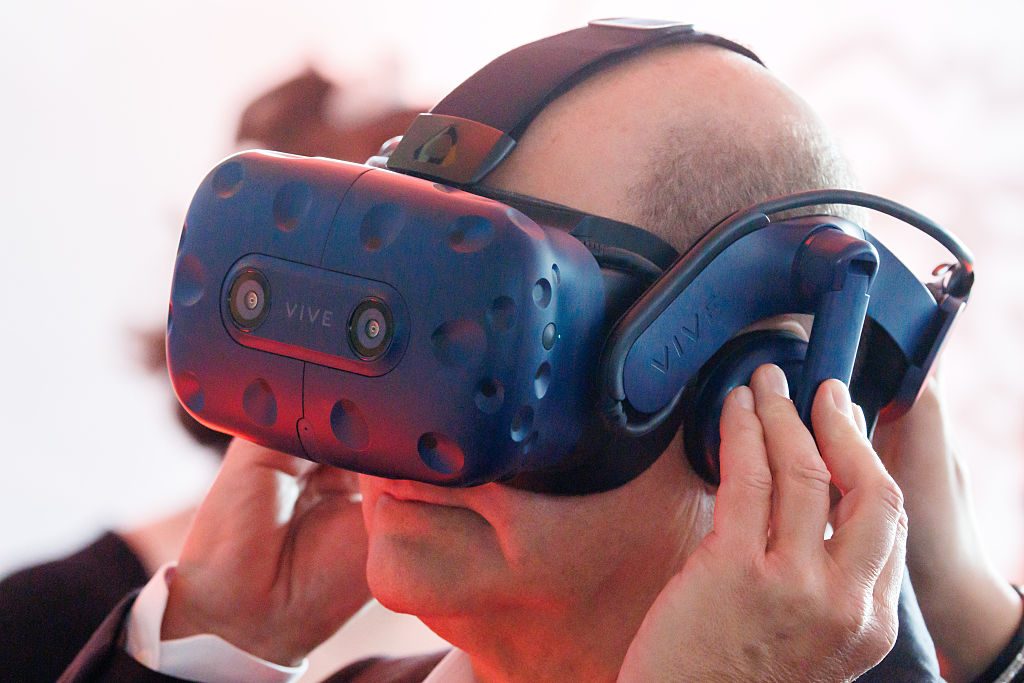John Burn-Murdoch recently observed in the Financial Times that, over the past several decades, there has been a shift in personality: less conscientiousness, fewer self-identified extroverts, and rising neuroticism, particularly among the young. While acknowledging that there are multiple reasons behind this turn, Burn-Murdoch is right to point the finger at the online world in particular.
Online life has fundamentally altered how we live and interact, making us at once more connected than at any point in history and less connected in the ways that matter most. The resulting loss of face-to-face relationships may help explain why traits such as reliability and sociability appear to be eroding.
Meanwhile, work and school — two of the institutions that most structure our days — have undergone profound technological transformations since the 2000s, which have been expedited and exacerbated by the pandemic. According to Pew Research, over one-third of all workers who can work from home all the time do so, up from only 7% pre-pandemic. And more classrooms use technology than ever before. While 30% of US school districts had high-speed broadband in 2013, nearly 90% did by 2016.
The internet delivers exceptional reach, but digital connections can be shallow and easily abandoned. One way in which these developments may be damaging conscientiousness — which Burn-Murdoch describes as “the quality of being dependable and disciplined” — is the erosion of informal accountability. In physical classrooms and offices, showing up on time, contributing to discussions, and meeting deadlines are visible to peers and supervisors alike.
These small but constant pressures reinforce conscientious behaviour, pressures which are weaker in online environments. In leaked audio earlier this year, JPMorgan Chase CEO Jamie Dimon voiced his frustration that employees both complained about returning to in-person work yet showed up for Zoom meetings with cameras off, if they showed up at all. Dimon — as head of the most important financial institution in the world — has obvious credibility on what makes for an effective workforce.
At the same time, real-world connections have contracted sharply. Compared to 20 years ago, American Time Use Survey data shows that people are spending much less time face-to-face. In 2024, 30% of Americans were likely to engage in socialising and communicating on an average day, compared with 38% in 2014, and the amount of time spent doing so decreased as well.
Practically, of course, the world is not going to abandon the internet. But it’s telling that people want to use it less. “Digital detoxes” are trending, and studies have found that young people would prefer a world entirely without the internet.
Arresting the decline in conscientiousness and sociability will require more than reducing individual screen time. Bans on phone use in schools could be broadened to dial down all tech use in the classroom, while employers could follow Dimon’s lead by encouraging in-person days — or, at least, promoting hybrid arrangements that maximise in-person contact.
The internet has made it possible to be in touch with more people than ever before. But it has also made it easier to avoid the kinds of encounters that once bound us together. If the medium is shaping the message, it may also be shaping us — and not always for the better.

